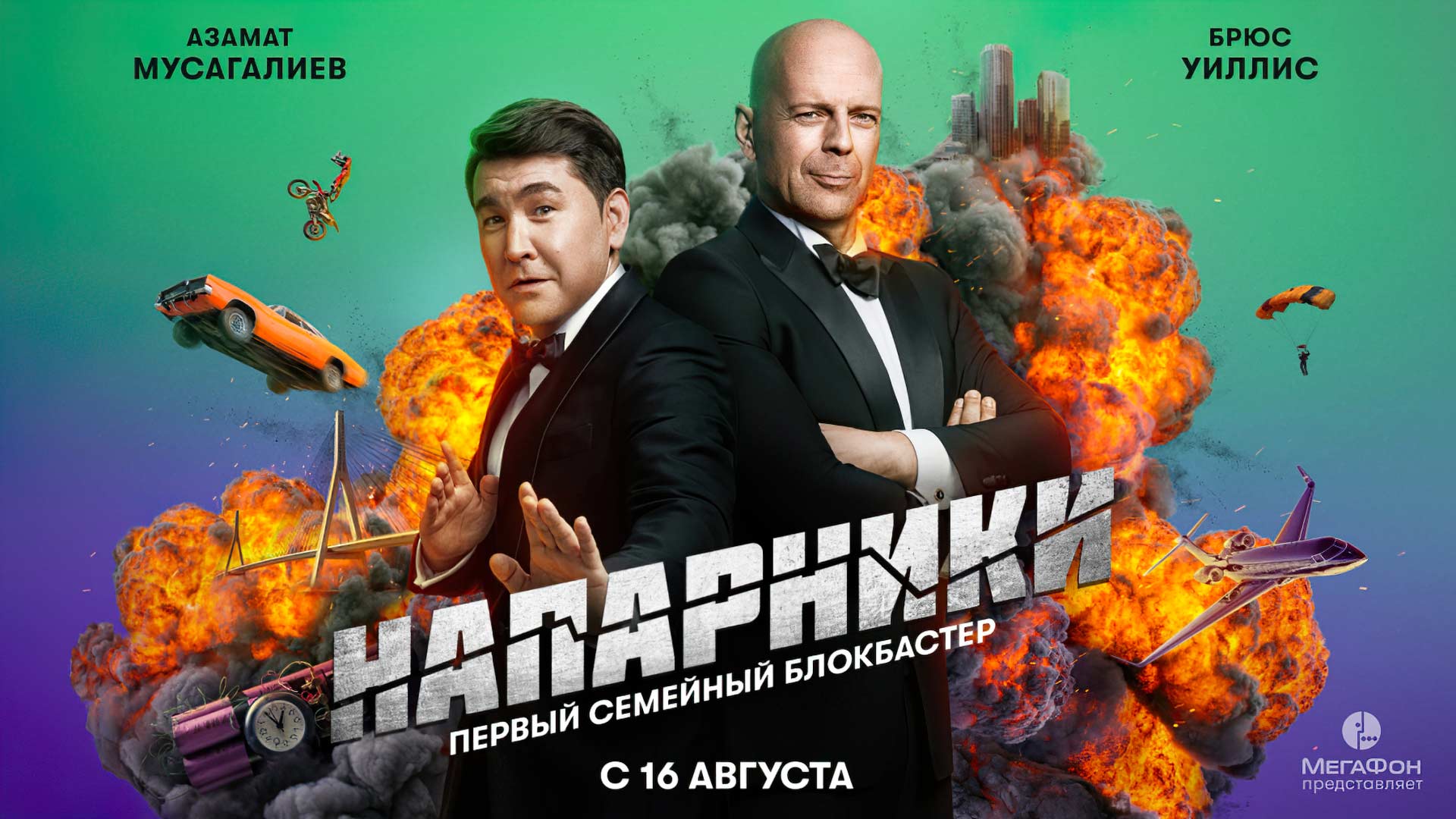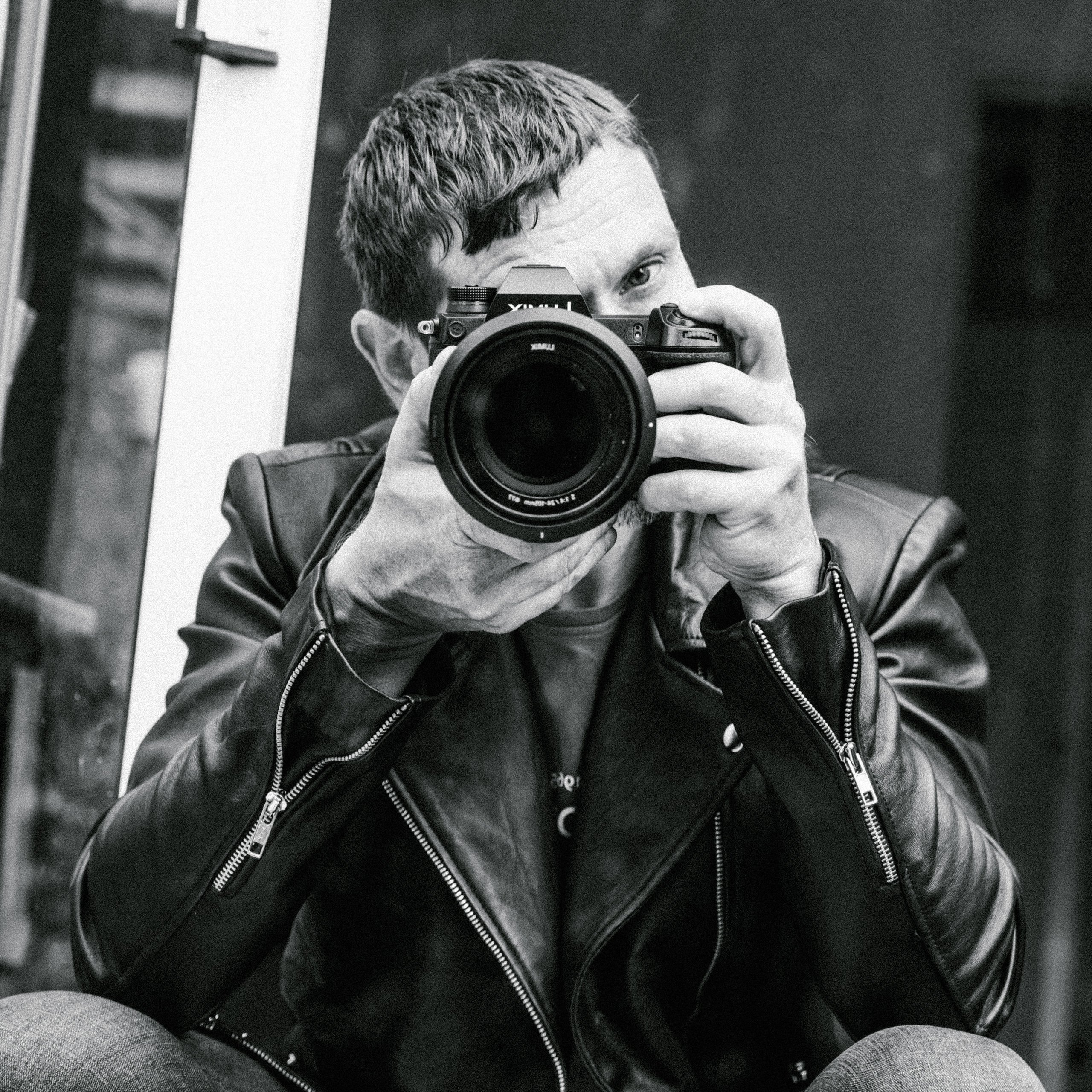
The Hollywood star has taken his relaxed acting style to a new level by loaning his likeness to a new Russian phone advert.
The Die Hard star has gained a bit of a reputation for, to put it politely, dial-in performances recently, but a new Russian phone advert has taken that to the nth degree. Willis agreed to lend out his likeness to appear in the advert, or rather a series of them, as a deepfake. In other words, while a completely unknown actor, let's call him "Gary Actor", performs the part of Willis, the superstar's face is superimposed afterwards.
I have to say, the effect is extremely convincing, and is easily on par with anything the actor has done in recent years.
The adverts see "Willis" and his Gary Actor stand-in, appear alongside Russian actor Azamat Musgaliev. MegaFon, the company behind the ads, is, according to Wikipedia, "the second largest mobile phone operator and the third largest telecom operator in Russia." It boasts 62.1 million subscribers in Russia alone, making it, well, quite successful.
In a Russian interview, the company's Director for Brand and Marketing Communications, Vasily Bolshakov, said, "We have created an unexpected duet - the role of partners was played by comedian and host of popular comic TV shows Azamat Musagaliev and Hollywood actor Bruce Willis. Various troubles await our special agents: traffic jams, vacations, lack of money, but in episodes of the series, we will show how you can cope with these problems if you are a MegaFon subscriber."
Amazingly, bringing Willis on board was pretty straightforward. As you might imagine, being offered a massive paycheck for doing nothing at all would have been a rather difficult dilemma for the actor. Bolshakov said, "All negotiations with Bruce Willis were conducted by our team. It was a very risky idea, but surprisingly, the discussion on collaboration was quick and productive. We told Bruce about MegaFon and the idea of the project. The actor was interested in the brand and our approach to organising production."
The tech
But enough of my sarcastic digs at the actor, what about the technology used? RedShark is, after all, a tech website. According to Bolshakov, the neural network that created the deepfake analysed around 34 thousand units of content to create the effect. He makes a pretty good point in the interview, one that I've alluded to before, that with pandemic restrictions and less mobility, this type of technology allows actors to appear in productions without the need to travel.
The final effect, as I say, is pretty convincing. Although notably, all the character does is sit there and smirk or look confused, with one short piece of dialogue. The one drawback to all this is that the actor who owns the face is entirely at the mercy of their stand-ins acting abilities.
It shows that we are now entering a period where deepfakes have entered the mainstream as an actual solution to a problem. Who knows, we might even see people who look the part, but who can't act for love nor money, loan out or partner up with people who can to give them their good looks for productions. "Hey Jack, you can act, but you have a face for radio. Tell you what, you act, and you can have my amazing face! It'll be a beautiful partnership!"
More worrying is the idea that Steven Seagal might be granted an extended career due to this tech, but I'll try to keep a positive spin on this. However, it does make you wonder how far this will go. AI deepfakes are not just limited to visuals, but it can do audio as well. In the future, we might get to the point where, instead of settling for the actors a director has chosen, you can tell your streaming app which actors you'd like to see in the roles, and it'll go from there. Sorry to depress you.
Anyhow, without further ado, have a watch of a BTS video below. And please, no "how it started, how it's going" memes for any affected acting careers.
Tags: Technology


Comments